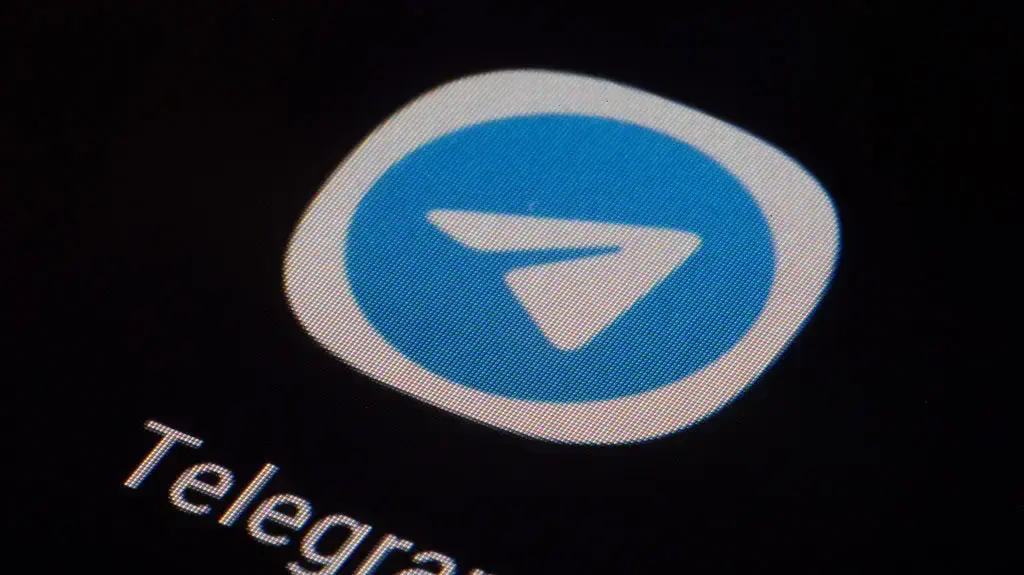Ukrainian forces are attacked by the Russian army in the city of Bakhmut, Donetsk (Telegram)
When Russia invaded Ukraine on February 24, 2022, many warned that the conflict could escalate into a global cyber war.
Those fears have been heightened as extortion gangs and hacking groups supporting the Russian government have shown they are ready to attack.
An independent IT army allied with Ukraine has announced a counter-attack.
Against this background, governments and companies around the world prepared for extensive digital hacks.
However, despite all the noise, these groups failed to make a significant impact on the fighting on the ground.
Instead, the digital presence of war manifests itself in other ways.
A year into the war, Cybersixgill explored how the war reverberated through the deep and dark web, the context of the conflict above and below the surface, and how cybercriminals went about their business as usual.
Many conversations about the war took place on large and existing cybercrime channels, and the invasion spawned many new channels and strengthened Telegram's position as the main discourse channel.
Telegram, it turns out, is an essential communication lifeline for the Ukrainian resistance, on the other hand, it is a key tool for continuing cybercrime among hackers operating with ideological political motives or just cybercriminals, who continued business as usual, despite the war in the background.
Our investigation revealed that Telegram conversations that followed the events of the war, posts related to the war in the Russian or Ukrainian language reached a peak of over 122,000 per week in mid-October, at the same time as the attack on the Crimean bridge and the Russian missile attacks that followed.
All the action is there.
Burnt effigies of Putin in Telegram (photo: official website, Telegram)
Dov Lerner (Photo: CybersixGil)
Many Telegram channels took on a strong nationalist tone.
Some called and coordinated cyber attacks against the adversary.
However, predictions of a global cyber war have thankfully failed.
While cyberattack groups against Ukraine and/or Russia have carried out many successful attacks against many government and civilian targets, their attack methods remain the same traditional activist methods, such as data trading, information corruption, and denial of service.
It does not appear that these attacks provided even a minor tactical advantage, although their very existence provides value in energizing the base of supporters for the cause.
At the same time Telegram provided a valuable service to both Ukrainian and Russian citizens.
Many turned to Telegram channels to consume critical information, follow events on the battlefield, find humanitarian aid, and figure out how to escape combat or enlistment.
The activity on Telegram increased during the war and this in the opposite trend from other deep and dark forums on the Internet, where conversations about the war reached their peak initially, then steadily decreased as the war continued and when the administrators sought to reduce political discourse to a minimum.
It should be noted that there has been a significant increase in the number of Russian credit cards offered for sale, as well as an increase in scams involving the exploitation of aid donation funds transferred online, but beyond that, we can testify that business continued as usual among cybercriminals.
Unfortunately, Russia continues to wage war in Ukraine and the end is not in sight.
While many predicted the war would usher in a new era of cyber warfare, it has yet to materialize;
There were many attacks on a nationalist background, but they were symbolic and not on a wide scale.
Instead, the real impact of the deep and dark web on war has been the ability to share news and humanitarian developments.
Amidst the uncertainty of war, many no doubt relied on a steady stream of updates to work their way to survival.
Dov Lerner is head of research at CybersixGil, which automatically collects data leaks and alerts customers in real time.
Eddie Blia is a security researcher at CybersixGil.
technology
Cyber
Tags
Telegram















